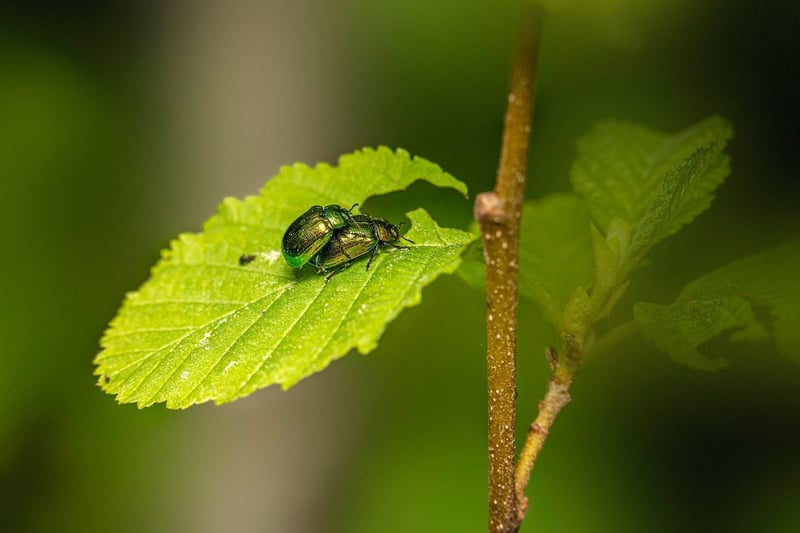Pest Control Strategies

Maintain Healthy Urban Plants + Pest Control Strategies
Introduction
Urban plants play a crucial role in creating a green and vibrant environment in cities. However, maintaining the health of these plants amidst urban challenges like pollution and pests can be a daunting task. In this article, we will explore effective strategies to maintain healthy urban plants and implement pest control measures to ensure their well-being.
1. Choose the Right Plants
Opt for native plants or species that are well-adapted to urban environments. These plants are more resilient to local conditions, require less maintenance, and are naturally resistant to pests.
2. Proper Planting Techniques
Ensure proper spacing between plants to allow for adequate airflow and sunlight penetration. Use high-quality soil and provide sufficient drainage to prevent waterlogging, which can attract pests.
3. Regular Watering and Fertilization
Establish a consistent watering schedule based on plant requirements. Overwatering can lead to root rot, while underwatering can stress the plants, making them more susceptible to pests. Use organic fertilizers to promote healthy growth.
4. Integrated Pest Management (IPM)
Implement an IPM approach that combines biological, cultural, physical, and chemical control methods to manage pests effectively. This approach minimizes the use of pesticides and focuses on long-term prevention.
5. Natural Predators
Attract beneficial insects like ladybugs, lacewings, and birds to your garden. These natural predators feed on common garden pests, helping to keep their populations in check without the need for chemical interventions.
6. Regular Monitoring
Inspect your plants regularly for signs of pest infestations or disease. Early detection allows for prompt intervention, preventing the spread of pests and minimizing damage to your urban garden.
7. Sustainable Practices
Adopt sustainable gardening practices such as composting, mulching, and companion planting. These practices improve soil health, enhance plant resilience, and create a balanced ecosystem that naturally deters pests.
Conclusion
By following these strategies and incorporating pest control measures, you can maintain healthy urban plants that thrive in their environment. Creating a sustainable and pest-resistant garden not only benefits the plants but also contributes to a greener and more vibrant urban landscape.
Image sources: Urban Gardening, Ladybug